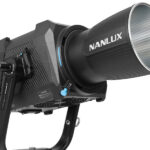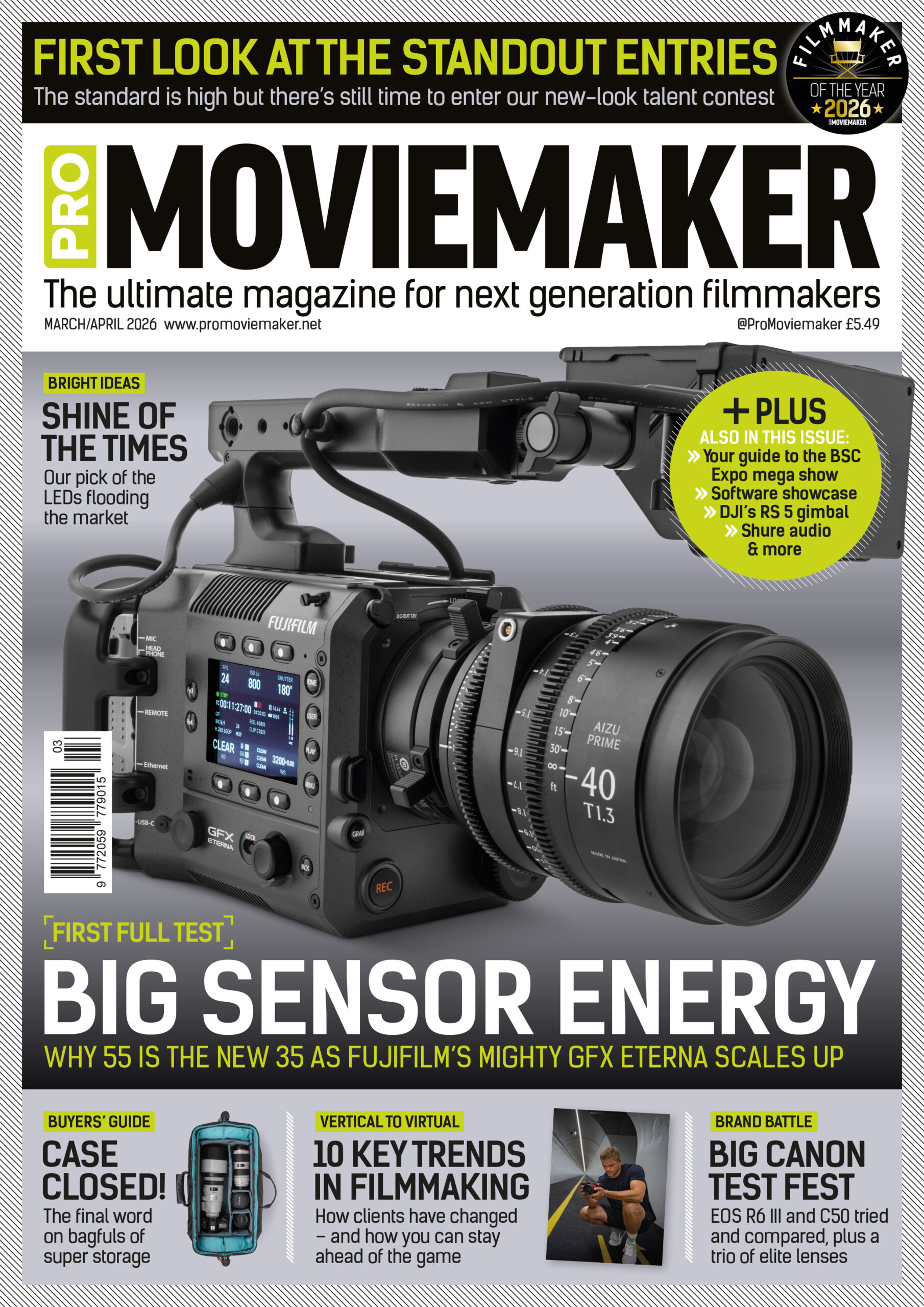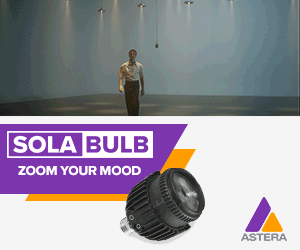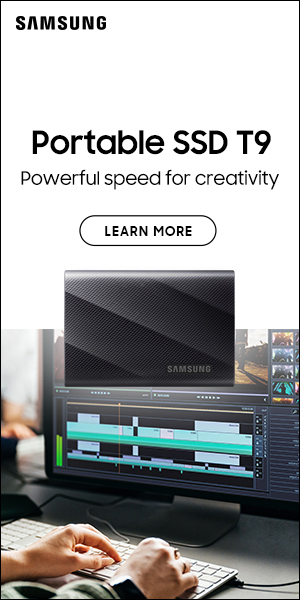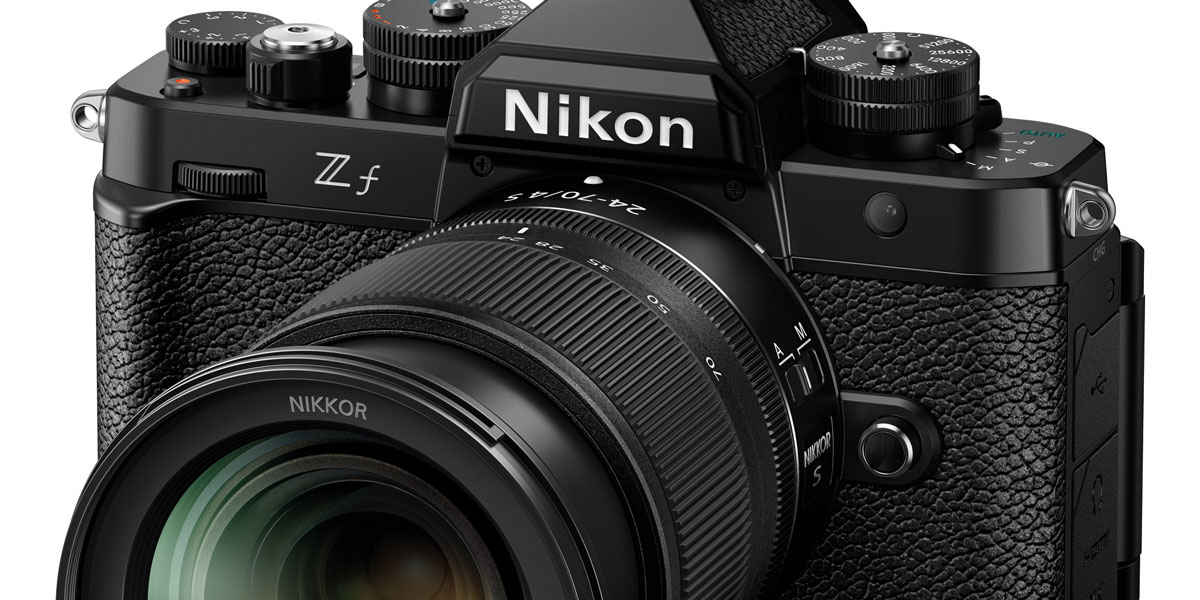
Nikon goes black to the future
Posted on Dec 23, 2023 by Samara Husbands
Nikon has released the full-frame Nikon Z f, complete with nifty features
Nikon does love a modern take on its old-school mechanical cameras. First came the F mount Df in 2013, a full-frame digital SLR designed to mimic the original 1982 FM2 film camera. It used the same sensor as the then-current flagship pro DSLR, but with the video functionality removed. Then in 2021 came the Z mount Z fc, a mirrorless FM2 clone but with a 21-megapixel APS-C sensor shooting 4K video.
Now comes the full-frame Nikon Z f, still boasting a retro look and mechanical controls but using lots of technology from the Z 8 and Z 9 mirrorless cameras. Though sadly not the 46-megapixel stacked sensor.
At £2299/$1997, it uses a back-illuminated, 24.5-megapixel sensor with the latest Expeed 7 processor. Native ISO tops out at 64,000, but is expandable to 100,000. It has a fully-rotating LCD touch screen, a new grip, an artificial leather finish and a magnesium body. There are manually operated brass dials on the top-plate for shutter speed, ISO and exposure compensation with the current aperture displayed on a small LCD panel. It writes to twin cards, one SD and one microSD.
In terms of video, the best quality is 4K oversampled from 6K, with a full-pixel readout up to 30p. It can also shoot 4K/60p as well as Full HD at 120p, in 8-bit or 10-bit H.265. There’s up to 125 minutes of recording time, even in 4K mode.
Some functions have been inherited from the Z 9, including the ability to adjust ISO sensitivity in steps of 1/6 EV and the display of a red frame during video recording.
It’s also the first Nikon camera to support video recording in shutter-priority auto mode. This has been a feature on virtually every other brand of camera for years, but at least Nikon is catching up.
Like the Z 9 and Z 8, the Z f’s autofocus system recognises people, cats, dogs, birds, bicycles, motorbikes, cars, planes and trains, and uses Deep Learning technology to track them.
Eye-Detection AF for photo and video automatically locks onto the eyes of people, pets, and birds, even when they’re extremely small in the frame. And for the first time, the feature is also available for manual-focus lenses, automatically magnifying the area around the eyes so you can quickly confirm sharp focus.
In-body, five-axis sensor-shift Vibration Reduction compensates for up to eight stops of camera shake when paired with Z mount lenses. And this system also works with adapted F mount lenses when using the optional FTZ Adapter, where three-axis stabilisation is used.
And a brand-new feature called Focus Point Vibration Reduction stabilises the area around the active focus point by tilting the sensor.
The body is resistant to dust and drips, while a dual coating also protects the image sensor from dust.
If you were looking for a retro-style camera to use with your similarly design-led Hobolites, now you have it.
Originally published in the November/December 2023 issue of Pro Moviemaker.

